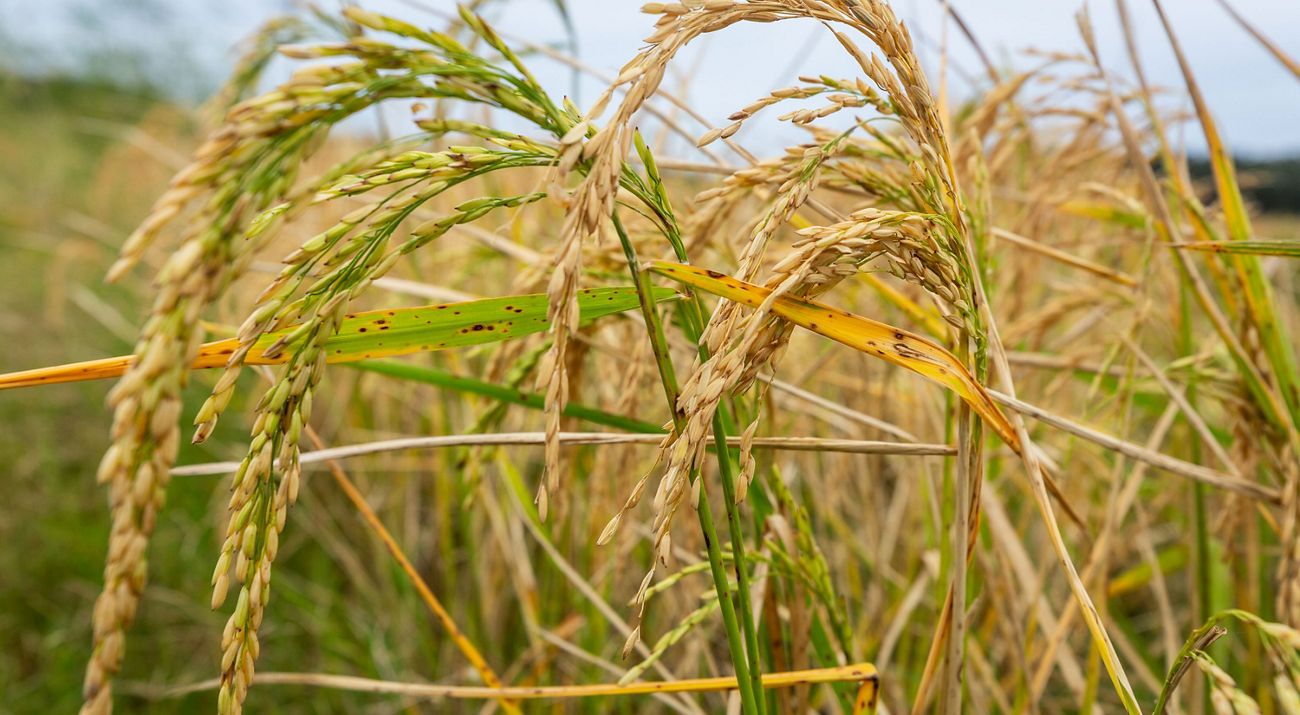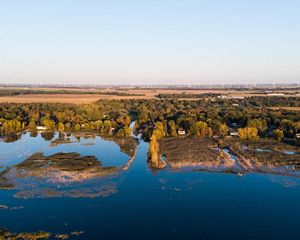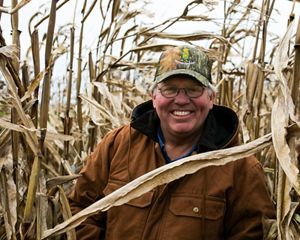Timing Is Everything for Arkansas Farms
TNC and Kellogg collaborate to help farmers save precious water resources.

The Nature Conservancy, Kellogg and Syngenta are collaborating to provide efficient water irrigation resources to Arkansas rice farmers. Thanks to a grant from Kellogg and support from Delta Plastics, The Nature Conservancy installed irrigation timers on 30 farms to manage water use on approximately 15,000 acres of land located predominantly in critical groundwater areas in the Delta of Arkansas.
One farmer that TNC is working with is Kotton Guest. “It’s very helpful that Kellogg’s is providing these timers,” says Guest. “Their support makes it easier for us to use new conservation techniques.”
Farmers program the timers on their pumps to irrigate the field and when finished, the timers turn the pumps off automatically, thereby saving water. A GIS map was developed to show the locations of pump timers overlaid on critical groundwater areas to help visualize the impact of the timers. A digital farmer suvey was also developed to capture estimated water savings from the timers. TNC scientists estimate that these timers will conserve a cumulative 9 billion gallons of water.
“In many areas across the state, the aquifer has 10% or less water left in it,” says Jason Milks, Delta Program Director for TNC in Arkansas. “For every minute the timer saves in pumping time, thousands of gallons of critical groundwater are conserved.”
Quote: Kotton Guest
I love this land. I love farming, and I love helping to feed people. If we’re smart, we’ll be able to keep the water—and the rice—flowing for many generations to come.
Working to Grow More While Conserving Resources
Field flooding is an important part of the growing process as it helps to control weeds, mitigate soil erosion and maximize crop yields. The Mississippi Valley Alluvial Aquifer—an underground water source—provides 80% of the water used for rice growing in Arkansas. However, water levels have dropped dramatically due to excessive pumping.
“Farmers are working to grow more food with less resources,” says Mary Gallagher, Kellogg Company Responsible Sourcing Manager. “One way Kellogg is supporting farmers is by taking the risk out of trying new practices that can enable more sustainable rice production.”
“I love this land. I love farming, and I love helping to feed people,” says Guest. “If we’re smart, we’ll be able to keep the water—and the rice—flowing for many generations to come.”
This Arkansas rice project is part of Kellogg’s larger Supporting U.S. Farmers collaboration with TNC aimed at driving positive impact through conservation programs on 255,000 acres of farmland across Arkansas, Illinois, Michigan and Nebraska.


